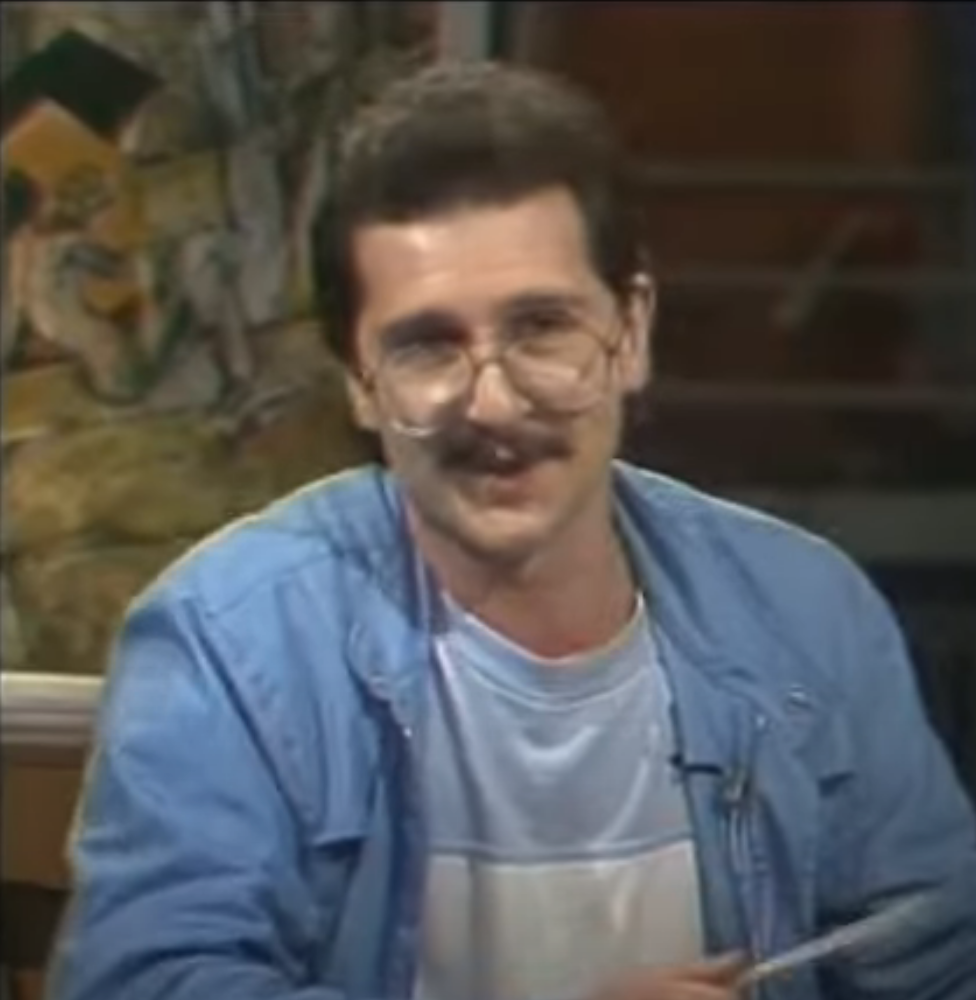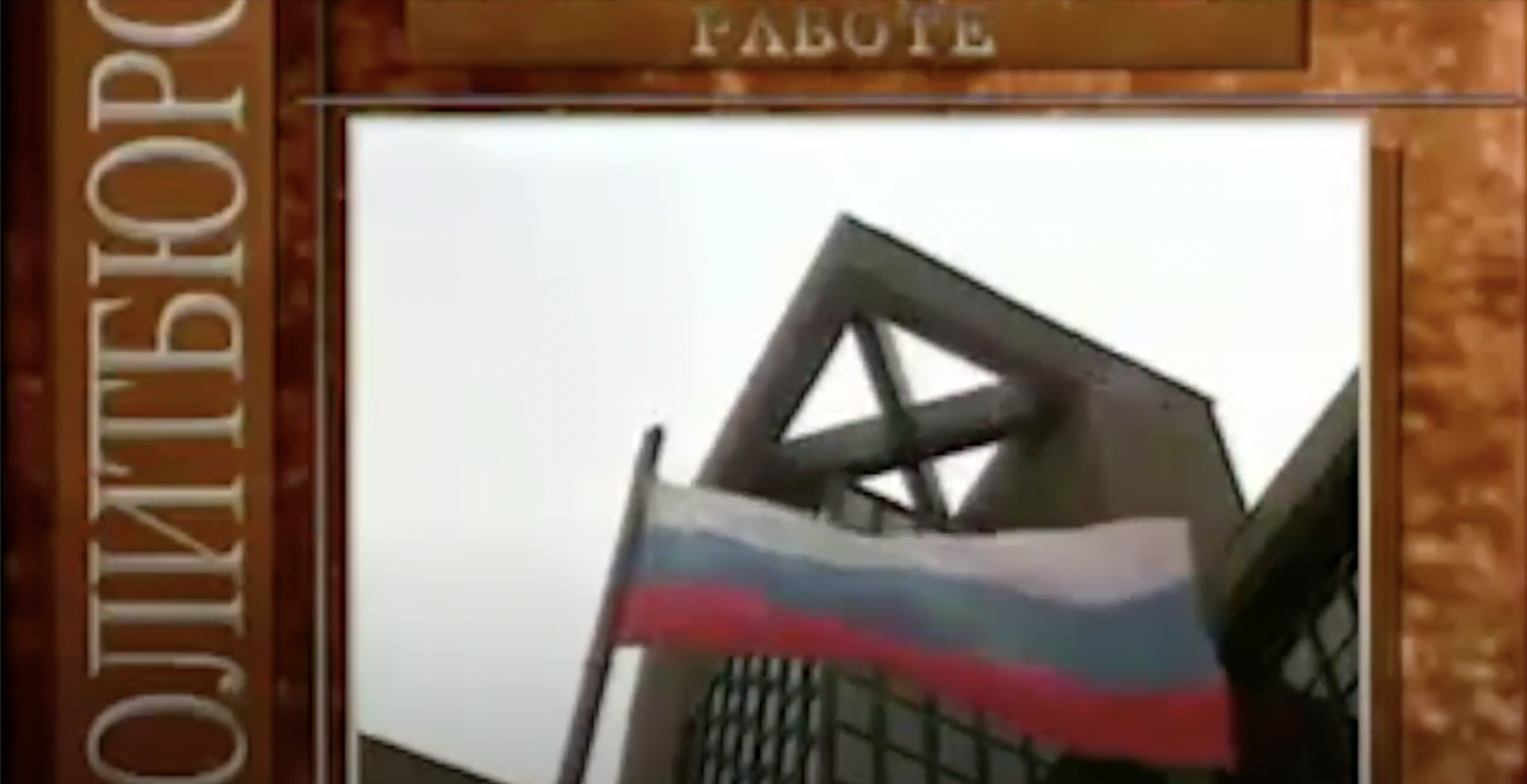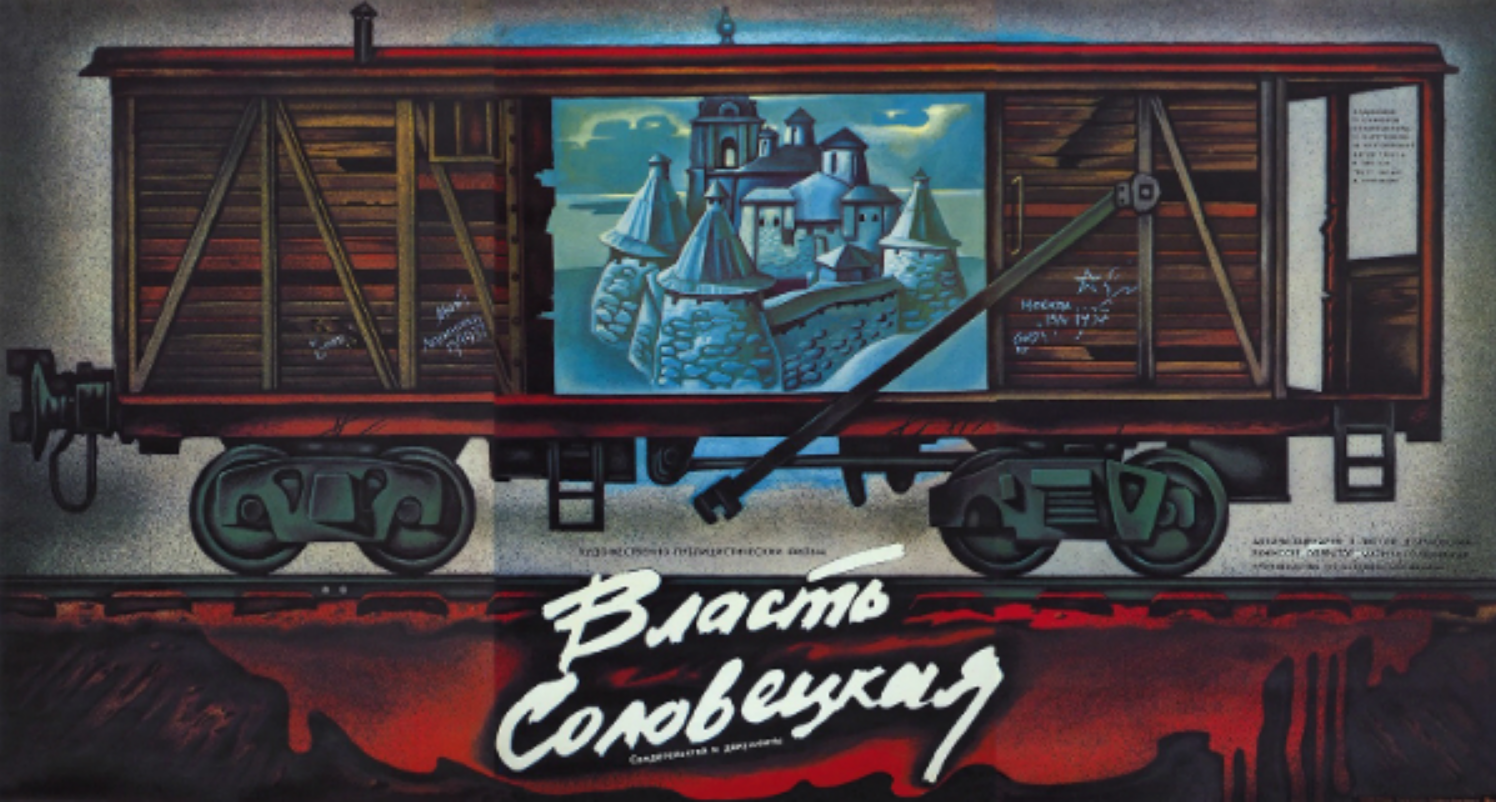Search Results
Search Terms
Early “Vzgliad” parodies itself
A 1988 celebration of a year of the late- and post-Soviet youth program “Vzgliad,” where several sketch comedy artists parody and recapitulate its casual, sincere, and freewheeling style of television programming.
“Politburo” versus the specter of communism during the 1993 Constitutional Crisis
A clip from “Politburo,” a weekly commentary show from Aleksandr Politkovsky, a former host of “Vzgliad.” This episode aired in the days following the April referendum that solidified Yeltsin’s position, and, in particular, follows People’s Deputy (and Yeltsin opponent) Alexander Rutskoy's first salvo in the so-called "Kompromat Wars," in which he made public 11 suitcases’ worth of material allegedly documenting Yeltsin's corruption. The episode ends with some May Day-themed anti-communist “chastushki” (Russian limericks).
Gorbachev speaks with state media leaders
Mikhail Gorbachev’s (1931-2022) speech before a gathering of state media leaders on 14 March 1986, in which he named the Soviet media as the driver of perestroika’s success—positioning it as both a revolutionary force for public awakening and a loyal partner to the Party.
Yeltsin's campaign for the Congress of People's Deputies
In 1989, Boris Yeltsin (1931-2007) capitalized on the gains of glasnost to secure widespread support for his candidacy to the Congress of People’s Deputies, overcoming a contentious past with General Secretary Mikhail Gorbachev (1931-2022) and emerging as a popular figure against conservative elements inside the Soviet Communist Party.
Marina Goldovskaya’s "Solovki Power" excavates painful historical memory
In 1988, journalist Marina Goldovskaya was able to release her documentary film "Solovki Power," which was dedicated to reconstructing long-suppressed memory of one of the USSR’s most notorious gulags: “Solovki.”
View Artifact




